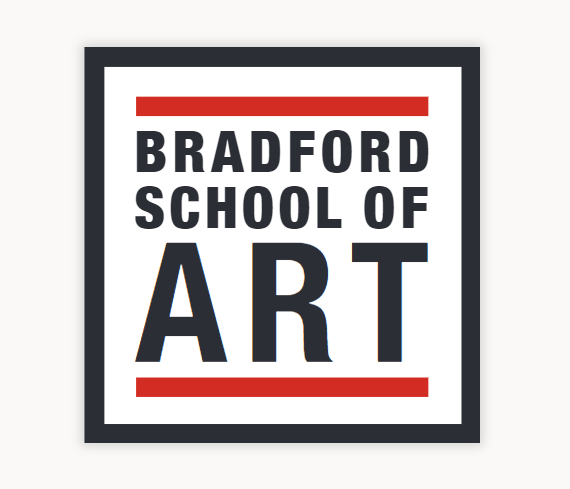At the Bradford School of Art, we recognise the critical role that employer engagement plays in shaping a curriculum that effectively prepares students for future education, employment, and career opportunities. Our commitment to collaboration with industry partners ensures that our students acquire the skills and knowledge necessary to thrive in their chosen fields.
Engagement Strategies with Employers
To facilitate meaningful collaboration with our employers, we implement a range of strategies designed to ensure active involvement in the curriculum design and implementation process.
Regular Employer Forum Events
We host regular employer forum events, providing a platform for employers to share their insights and perspectives on industry trends, skills requirements, and emerging opportunities. These forums serve as a vital communication channel, allowing us to align our curriculum with the needs of the workforce.
Safeguarding Training and Requirements
During our employer forums, we ensure that our partners are up to date on safeguarding training and requirements. This commitment to safeguarding not only protects our students but also reinforces our dedication to creating a safe and supportive learning environment in collaboration with our industry partners.
Development and Delivery Manager Engagement
Our Development and Delivery Manager plays a key role in maintaining strong relationships with employers. They meet regularly with industry partners to discuss skills gaps, industry expectations, and potential curriculum enhancements. These discussions are crucial for identifying areas where are program can evolve to meet the changing demands of the workforce.
Skills Gap Analysis
Through ongoing dialogue with employers, we conduct thorough skills gap analyses to identify specific competencies that our students may need to develop further. This proactive approach enables us to adapt our curriculum, ensuring that our learners are equipped with the skills and knowledge that align with industry needs.
Cultural Career Week
We actively involve our employers in our Cultural Career Weeks, where they deliver workshops that are directly informed by the findings and feedback from our employer forum discussions and regular data-gathering activities. For instance, Helen from DUY conducted a memorable workshop on industry etiquette and professionalism. In a creative approach, she demonstrated what not to do in a professional setting by arriving late, being on her phone, eating during the session, and appearing unprepared. This engaging introduction served as a powerful lesson for our learners on the importance of professionalism and workplace etiquette, providing them with practical insights that will benefit them in their future careers.
Impact on Student Preparation and Employability
Our engagement with employers directly impacts our students’ readiness for employment. By incorporating feedback and insights from industry partners into our curriculum, we ensure that our learners:
Develop Relevant Skills
Students gain practical skills that are directly applicable to their future careers, enhancing their employability and competitiveness in the job market.
Understand Industry Expectations
Regular engagement with employers helps students understand the expectations and demands of the industry, allowing them to tailor their learning experiences accordingly.
Build Professional Networks
Through interactions with employers, students have opportunities to network, fostering connections that may lead to internships, job placements, or mentorship.
At the Bradford School of Art, our commitment to effective employer engagement is integral to our mission of preparing students for successful futures. By holding regular employer forums, providing safeguarding training, and maintaining ongoing discussions about skills gaps, we ensure that our curriculum remains responsive to the evolving needs of the industry. Our Cultural Career Weeks further enhance this engagement, providing students with practical insights into professionalism and workplace behavior. This collaborative approach not only enhances the educational experience for our students but also strengthens our ties to the local and wider community, ultimately contributing to the development of a skilled and capable workforce.
